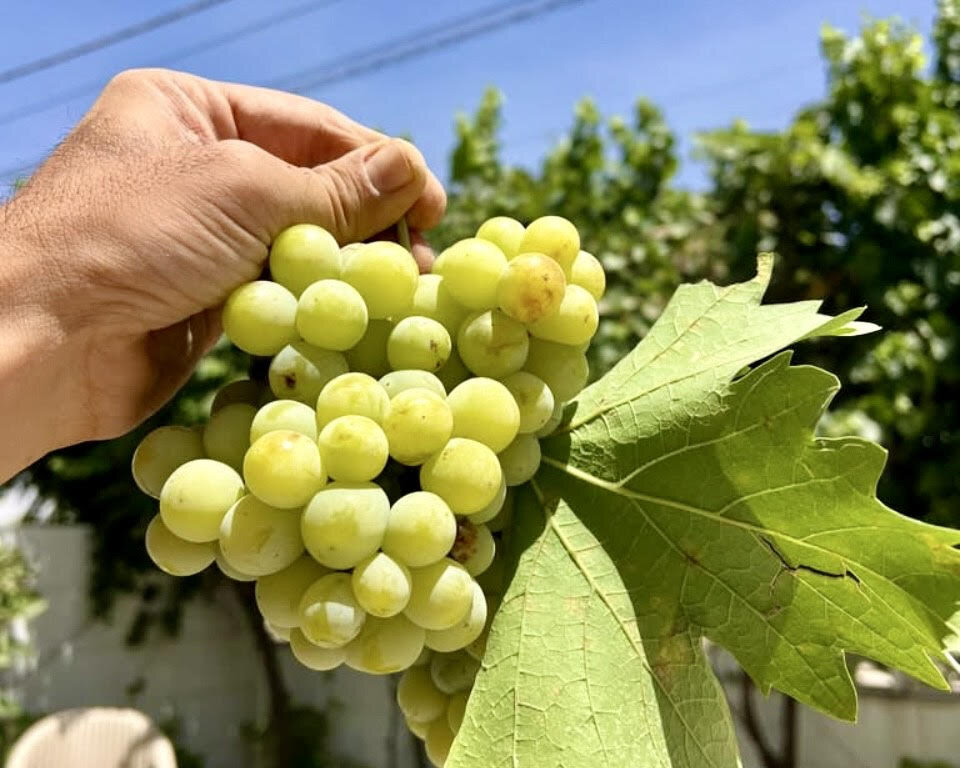Agriculture exports jump 32% as sector shows recovery

TEHRAN – Iran’s agriculture exports rose by 32 percent in the previous Iranian calendar year (ended in late March), Agriculture Minister Gholamreza Nouri Qezeljeh said on Saturday.
According to the official, the sector grew by 5.6 percentage points last year, rebounding from a negative 2.4 percent contraction to reach positive growth of 3.2 percent.
Speaking at the opening of the National Conference on the New Crop Year, Nouri said the improvement exceeded the 5.5 percent growth target set under Iran’s Seventh National Development Plan.
The trade deficit in agriculture also narrowed by $3.0 billion, improving from minus $11 billion to minus $8.0 billion, he said.
“This is a big step in the economic development of the agricultural sector,” Nouri added, noting that the gains marked a shift in both production and external trade.
The minister credited farmers’ management and resilience during drought conditions, saying no food shortages occurred and domestic demand was met, including during the New Year season without reliance on public funds.
The minister outlined several outcomes in the latest crop year, including a reduction in foreign currency demand for basic imports from $16.4 billion to $8.0 billion, saving $1.0 billion in debt repayments, a 27 percent rise in sugar output moving toward self-sufficiency, a 12 percent increase in fish farming, and a 27 percent expansion in aquaculture.
He said Iran is planning for self-sufficiency in tropical fruits, especially bananas, to reduce import dependency. Distribution of farm inputs in rural and nomadic areas rose by 22 percent, while the penetration of subsidized inputs among villagers increased by 29 percent.
Other achievements included a seven percent increase in raw milk production, a 54 percent rise in tropical fruit output, a 15 percent growth in input production, a 69 percent expansion in insurance coverage, and participation in 230 international events.
Future plans include self-sufficiency in meat production and reducing import reliance, Nouri said, though challenges such as water scarcity remain. He emphasized the use of modern technology to boost efficiency in water use and resource management.
EF/MA
Leave a Comment